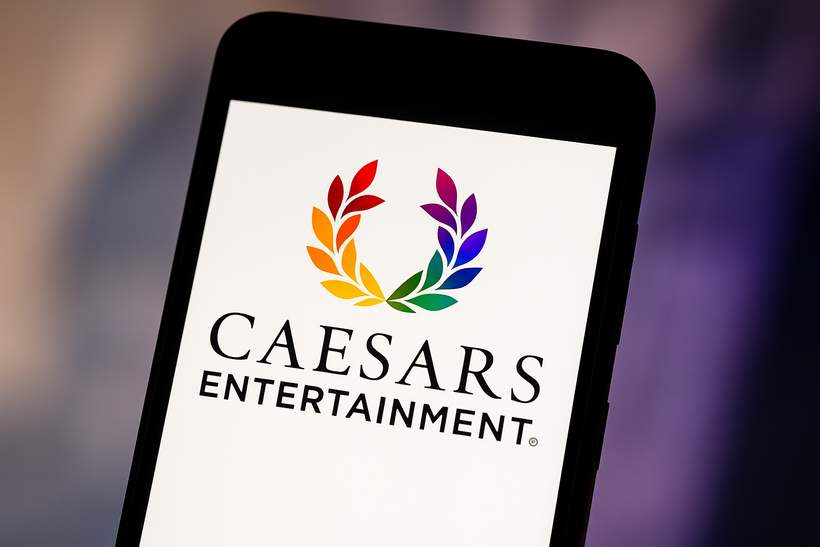Caesars’ Online Business Valuation Surpasses Entire Company

Caesars’ Digital Sector Valued Higher Than Whole Company
According to a recent analysis by David Bain, an expert at Texas Capital, the online segment of Caesars Entertainment may now be valued more highly than the parent company itself.
Possible Valuation of Caesars’ Online Division Reaches $9.6 Billion
Currently, Caesars Entertainment holds a market capitalization of approximately $5.3 billion. However, Bain’s projections suggest that Caesars Digital alone could command a value exceeding this figure. His estimation relies on various enterprise value-to-EBITDA multiples, taking into consideration expected earnings for 2026. Even with a conservative multiple of 12.5 times, Caesars Digital’s valuation would be near $6.25 billion. Using a higher multiple reflecting companies such as DraftKings, Flutter Entertainment, and Rush Street Interactive boosts this value up to around $9.6 billion.
Bain also mentioned that if the market does not properly reflect the true value of Caesars’ digital operations, the company’s board might consider measures to emphasize this worth next year. He noted that activist investors, including Carl Icahn, share concerns over the undervaluation of the digital division.
Supporting these views, Caesars Digital recently reported a revenue increase of 24% reaching $343 million in the second quarter, with EBITDA hitting $80 million. This strong performance has reignited discussions about potentially spinning off the digital business, a move that could also help alleviate Caesars’ substantial $11.3 billion debt load.
Opportunity for Significant Savings Through Partial Sale of Digital Division
Divesting a portion of the interactive segment could have transformative effects for Caesars. Bain’s calculations indicate that selling 80% of the digital unit at the lowest end of the valuation range could reduce the company’s debt by roughly $5 billion. Such a transaction would improve leverage ratios and potentially add around $350 million to annual free cash flow. Furthermore, it would generate additional efficiencies by lowering the capital requirements associated with full ownership of the online business.
Although Caesars remains behind major competitors like DraftKings and FanDuel in sports betting, it is making notable progress in the more lucrative iGaming sector. Enhancements to the Caesars Palace app, which ranked third in independent evaluations, and the introduction of the Horseshoe brand have significantly contributed to this growth.
The company has also improved integration between its online and offline customer experiences by better utilizing casino hosts. Bain maintains a “buy” recommendation for Caesars, setting a target price of $59 — more than double the current market price. He emphasized that much of Caesars’ future growth potential will depend on how it leverages the value within its digital operations in addition to its traditional casino business.